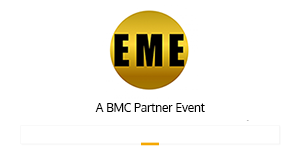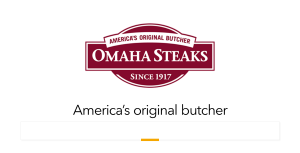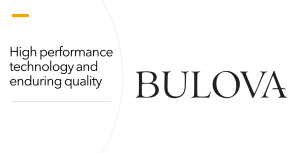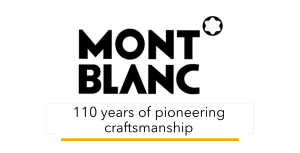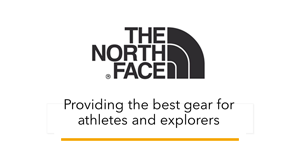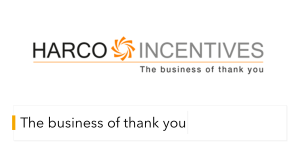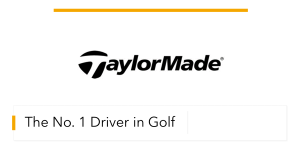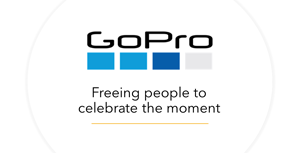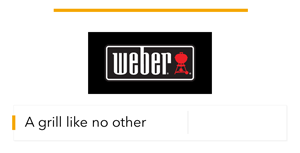IRF Report: Incentives Can Help Enhance Sales Force Training
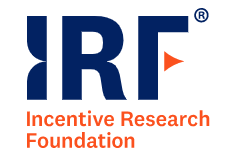 An analysis of academic research finds a strong argument for rewarding employees for participation in sales training.
An analysis of academic research finds a strong argument for rewarding employees for participation in sales training.The Right Incentives Encourage Training Effectiveness
Frequent Feedback and Rewards Encourage Effort
“Rewarding salespeople for completing training and achieving certifications is a strategic approach to enhancing the skillset of the sales force and fostering a culture of continuous learning,” according to the Incentive Research Foundation report “Academic Research in Action: Incentivizing Salespeople to Participate in Training,” by Allan Schweyer, Chief Academic Advisor.
 “By offering recognition and non-monetary rewards, firms can effectively and inexpensively incentivize their sales teams to invest in their professional development, ultimately leading to better performance, increased adaptability, and long-term success,” he advises.
“By offering recognition and non-monetary rewards, firms can effectively and inexpensively incentivize their sales teams to invest in their professional development, ultimately leading to better performance, increased adaptability, and long-term success,” he advises.The report notes that “US organizations invest more in sales training than they do for any other employee group. Annual investments average over $2,000 per salesperson, amounting to more than $100 billion each year. The reasons are obvious, good training can increase performance and sales.”
He adds, “Effective training of the sales force has significant benefits for organizations. Research has long established that regular skills upgrading is essential for the success of workers, including the salesforce. Training is important to increase sales force productivity and future value.”
The Right Incentives Encourage Training Effectiveness
Schweyer says that a review of relevant academic research reveals that:
- “Selective incentives are an effective tool to encourage participation in training and earning of certifications. Decades of research confirm that rewards can significantly enhance motivation and engagement in learning activities. By offering incentives and recognition – preferably non-monetary – for completing training and earning certificates, firms can encourage salespeople to actively participate and strive for success in their development programs.”
- He writes that “well-designed and well-executed training and certification programs equip salespeople with the necessary skills and knowledge to boost performance and sales volume. Training programs have been shown to increase employee motivation, self-efficacy, and overall performance. By rewarding salespeople for completing training and achieving certifications, firms can encourage continuous skills development and foster a culture of excellence.”
Schweyer believes that “workplace training is undergoing a transformation, sales training included. Online learning, micro-learning content, just-in-time learning, algorithms and, potentially, generative AI, can be combined to deliver the right amount to learning to workers on a personalized basis, at their time of need. These tools are currently revolutionizing education, especially in the workplace. By providing salespeople the learning they need, when they need it, firms can accelerate skills-building at lower costs.”
He writes that “Experiments conducted as far back as 2000 indicate that incentives encourage individuals to invest more time and effort in learning, enhancing their chances of developing and employing innovative strategies often needed to excel in complex decision-making tasks and sales environments. These rewards can come in various forms, including cash and non-cash rewards, or a combination of both, depending on the firm’s objectives and resources. While monetary rewards are effective, a growing body of research suggests that non-monetary recognition and rewards can be equally or even more motivating.”
Frequent Feedback and Rewards Encourage Effort
For example, “in 2020, researchers investigated the effects of varying feedback frequency and performance-based bonuses on learning and performance outcomes. They found that frequent feedback combined with performance-contingent bonuses lead to improved learning and better overall performance. A 2009 study by Harvard professor Ian Larkin showed that software salespeople in the Fortune 100 firm he examined were willing to sacrifice the equivalent of $30,000 on average to reach the annual top 10% club. Those who earned their way into the club participated in a group incentive travel trip and were issued business cards that noted their accomplishment. Larkin concluded that the recognition and status these rewards conferred were incredibly powerful motivators for the firm’s highly competitive sales team. These and other studies emphasize the importance of incorporating peer recognition and status into incentive design, both to drive sales and foster continuous learning. “
A growing body of research, he writes, “concludes that well-trained salespeople outperform and generate higher revenues than their less-trained counterparts. This may not be surprising, but the results of a study published in the Journal of Personal Selling and Sales Management in 2008 demonstrates that of 15 interventions designed to improve sales performance, training is among the three most effective. More recent research demonstrates that training can boost creative thinking among salespeople, particularly when combined with incentives that include peer recognition.”
Subscribe to RRN’s weekly e-newsletter.
Profit From the “S” of Environmental, Social, Governance (ESG)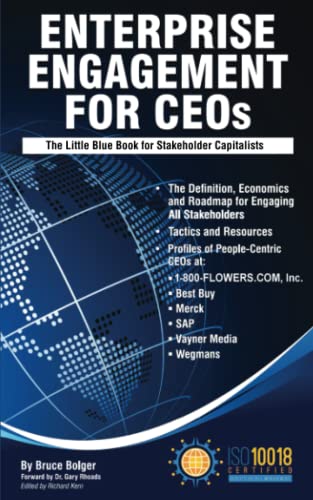
Through education, media, business development, advisory services, and outreach, the Enterprise Engagement Alliance supports boards, business analysts, the C-suite, management in finance, marketing, sales, human resources and operations, etc., educators, students and engagement solution providers seeking a competitive advantage by implementing a strategic and systematic approach to stakeholder engagement across the enterprise. Click here for details on all EEA and RRN media services.
1. Professional Education on Stakeholder Management and Total Rewards

Through education, media, business development, advisory services, and outreach, the Enterprise Engagement Alliance supports boards, business analysts, the C-suite, management in finance, marketing, sales, human resources and operations, etc., educators, students and engagement solution providers seeking a competitive advantage by implementing a strategic and systematic approach to stakeholder engagement across the enterprise. Click here for details on all EEA and RRN media services.
1. Professional Education on Stakeholder Management and Total Rewards
- Become part of the EEA as an individual, corporation, or solution provider to gain access to valuable learning, thought leadership, and marketing resources.
- The only education and certification program focusing on Stakeholder Engagement and Human Capital metrics and reporting, featuring seven members-only training videos that provide preparation for certification in Enterprise Engagement.
-
EEA books: Paid EEA participants receive Enterprise Engagement for CEOs: The Little Blue Book for People-
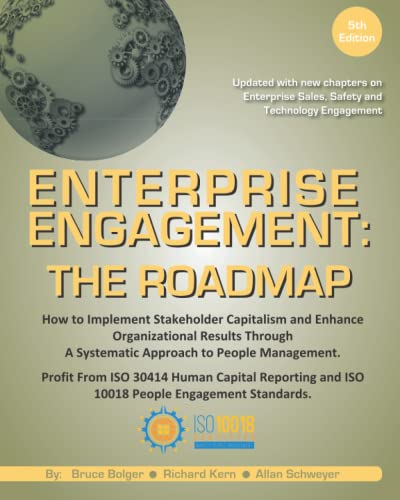 Centric Capitalists, a quick implementation guide for CEOs; Enterprise Engagement: The Roadmap 5th Edition implementation guide; a comprehensive textbook for practitioners, academics, and students, plus four books on theory and implementation from leaders in Stakeholder Management, Finance, Human Capital Management, and Culture.
Centric Capitalists, a quick implementation guide for CEOs; Enterprise Engagement: The Roadmap 5th Edition implementation guide; a comprehensive textbook for practitioners, academics, and students, plus four books on theory and implementation from leaders in Stakeholder Management, Finance, Human Capital Management, and Culture.
2. Media
- ESM at EnterpriseEngagement.org, EEXAdvisors.com marketplace, ESM e–newsletters, and library.
- RRN at RewardsRecognitionNetwork.com; BrandMediaCoalition.com marketplace, RRN e-newsletters, and library.
- EEA YouTube Channel with over three dozen how-to and insight videos and growing with nearly 100 expert guests.
3. Fully Integrated Business Development for Engagement and Total Rewards
Strategic Business Development for Stakeholder Management and Total Rewards solution providers, including Integrated blog, social media, and e-newsletter campaigns managed by content marketing experts.
4. Advisory Services for Organizations
Stakeholder Management Business Plans; Human Capital Management, Metrics, and Reporting for organizations, including ISO human capital certifications, and services for solution providers.
5. Outreach in the US and Around the World on Stakeholder Management and Total Rewards
The EEA promotes a strategic approach to people management and total rewards through its e-newsletters, web sites, and social media reaching 20,000 professionals a month and through other activities, such as:
Strategic Business Development for Stakeholder Management and Total Rewards solution providers, including Integrated blog, social media, and e-newsletter campaigns managed by content marketing experts.
4. Advisory Services for Organizations
Stakeholder Management Business Plans; Human Capital Management, Metrics, and Reporting for organizations, including ISO human capital certifications, and services for solution providers.
5. Outreach in the US and Around the World on Stakeholder Management and Total Rewards
The EEA promotes a strategic approach to people management and total rewards through its e-newsletters, web sites, and social media reaching 20,000 professionals a month and through other activities, such as:
- Association of National Advertisers Brand Engagement 360 Knowledge Center to educate brands and agencies.
- The EEA Engagement widget to promote, track, and measure customers/employee referrals and suggestions that can be connected to any rewards or front-end program management technology.
- The Stakeholder Capitalism free insignia to promote a commitment to better business.
- The BMC Brand Club and transactional storefronts to educate corporate and agency buyers on the IRR market.
- The EME Gold program to educate the top 3% of promotional consultants on selling engagement and rewards services.





